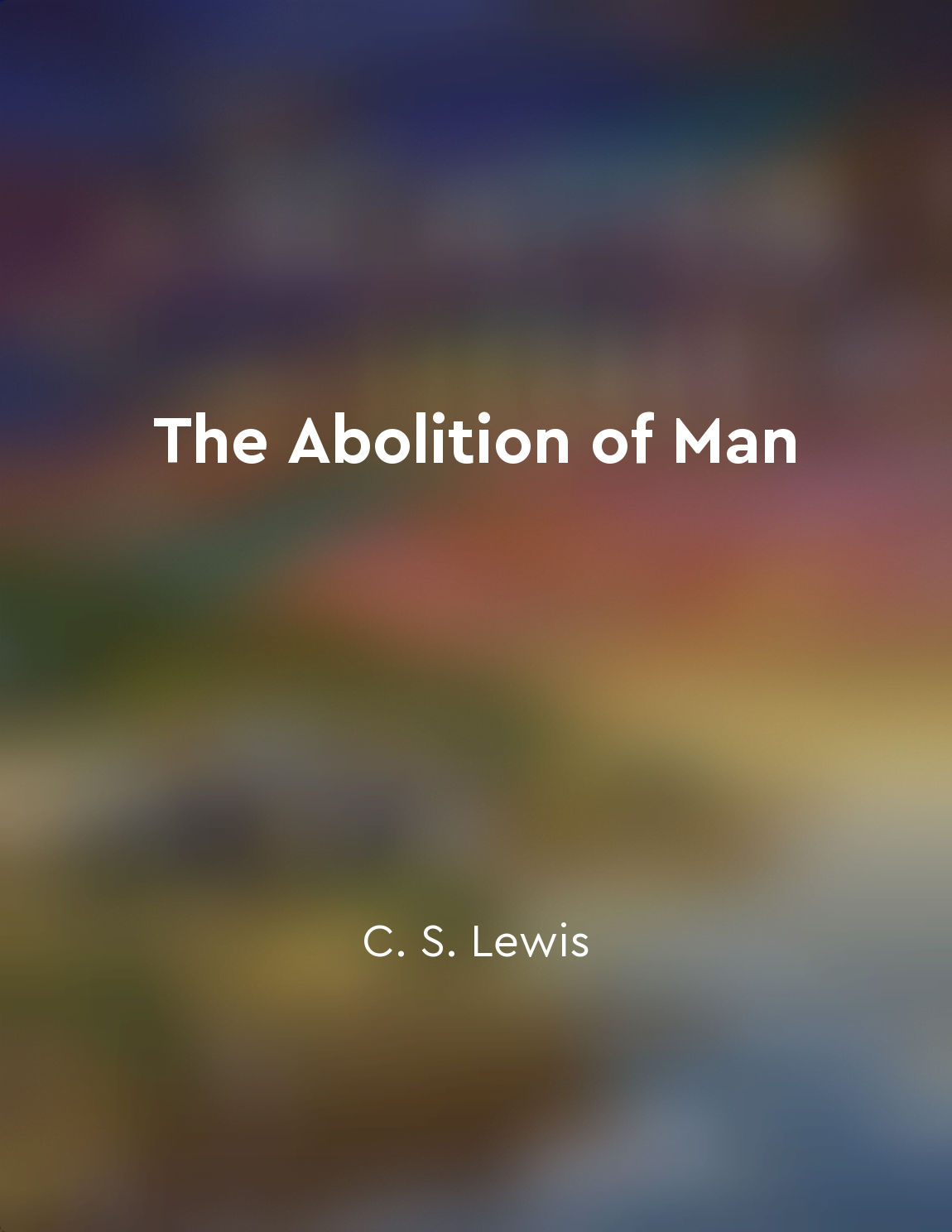Moral law must be based on reason from "summary" of Immanuel Kant: Prolegomena to Any Future Metaphysics by Immanuel Kant
The concept of moral law being based on reason is a fundamental principle in Kant's philosophy. According to Kant, reason is the guiding force behind moral laws, as it allows individuals to understand and adhere to universal principles of morality. Unlike emotions or desires, reason provides a rational basis for determining what is morally right or wrong. Kant argues that moral laws must be derived from reason because they are meant to guide human actions in a way that is consistent and universal. By appealing to reason, individuals can make moral decisions that are not based on personal whims or subjective feelings, but on objective principles that apply to all rational beings. This ensures that moral laws are not arbitrary or contingent, but are grounded in the inherent rationality of human nature. Reason serves as a foundation for moral law because it provides a framework for ethical decision-making that is logical and coherent. By using reason to determine moral principles, individuals can evaluate the consequences of their actions and make choices that are in line with their moral duties. This rational approach to ethics allows for a systematic and consistent understanding of morality that transcends individual preferences or cultural norms. Kant's emphasis on reason as the basis for moral law highlights the importance of critical thinking and intellectual reflection in ethical decision-making. By engaging with moral principles on a rational level, individuals can develop a deeper understanding of their moral obligations and act in ways that are guided by reason rather than by impulse. This rational approach to morality encourages individuals to take responsibility for their actions and to uphold universal ethical principles that are grounded in reason.Similar Posts

Substitution heuristics simplify complex decisions
When faced with complex decisions, our minds often take a shortcut by substituting a simpler question for the difficult one at ...
Humans are a product of evolutionary processes
The evidence supporting the theory of evolution is overwhelming. By examining the fossil record, scientists have been able to t...
Cognitive biases can hinder our ability to think critically and objectively
Cognitive biases, deeply ingrained in our thinking patterns, can act as barriers to our ability to think critically and objecti...
Impressions are powerful
Impressions are the most powerful and forceful perceptions of the mind, according to Hume's philosophy. They are the immediate ...
Transcendental logic explores the structure of understanding
Transcendental logic, as I have previously elaborated upon, delves into the underlying structure of our understanding. It seeks...
Feminist philosophy seeks to challenge patriarchal structures
Feminist philosophy aims to question and dismantle the dominance of patriarchal structures within society. This school of thoug...

Importance of recognizing universal standards of behavior
The concept of recognizing universal standards of behavior is crucial for the proper functioning of society. These standards pr...

The burden of proof lies with those making extraordinary claims
According to Richard Dawkins, when someone makes an extraordinary claim, it is their responsibility to provide evidence to supp...
Constant conjunction does not imply causation
When we observe two events that are constantly conjoined, such as the rising of the sun and the warming of the earth, we tend t...

Human nature is characterized by a blend of rationality and instinctual drives
Human nature is a complex interplay between rationality and instinctual drives. Rationality, the ability to reason and make log...
